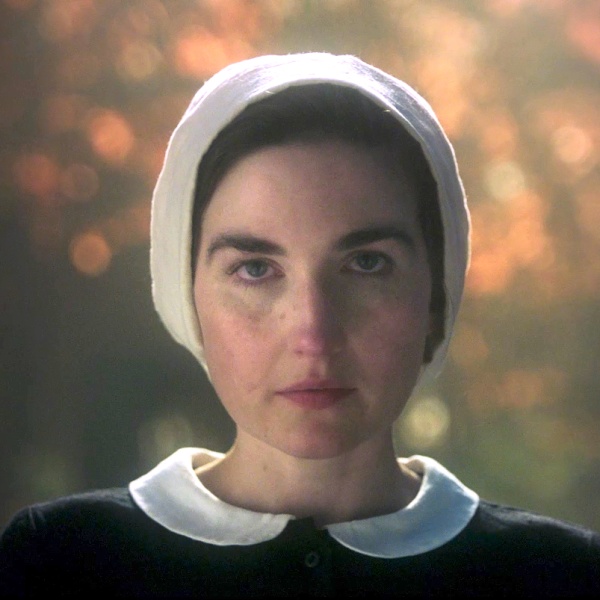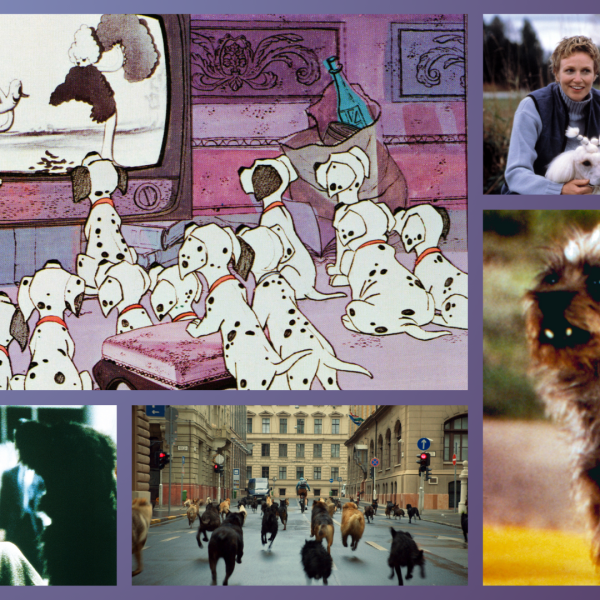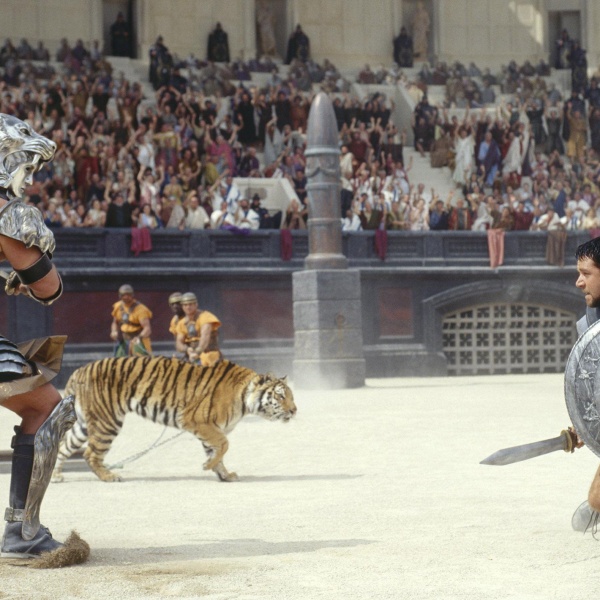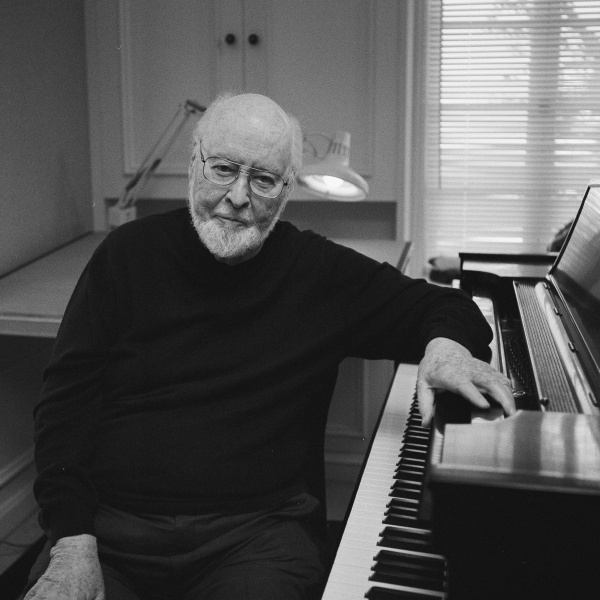Plus Director Spencer Susser & Star On Their Unique Central Character
 As far as family dramas go, “Hesher” is somewhat of a different breed. The story of a father and young son suffering the recent loss of their wife and mother, things seem to take a turn for the worse, when TJ (the son) accidentally brings an anarchist metal head into his grandmother’s home and his family’s life. While we weren’t taken by “Hesher” as a whole, this writer found the film’s namesake, and chaotic center, to be one of the more fascinating characters introduced on screen in a while – and certainly another card to add to the stack of notable performances from Joseph Gordon-Levitt. We recently sat down with the actor, as well as “Hesher” writer/director Spencer Susser to hear more about the philosophy and creation of this unconventional addition to your typical family drama.
As far as family dramas go, “Hesher” is somewhat of a different breed. The story of a father and young son suffering the recent loss of their wife and mother, things seem to take a turn for the worse, when TJ (the son) accidentally brings an anarchist metal head into his grandmother’s home and his family’s life. While we weren’t taken by “Hesher” as a whole, this writer found the film’s namesake, and chaotic center, to be one of the more fascinating characters introduced on screen in a while – and certainly another card to add to the stack of notable performances from Joseph Gordon-Levitt. We recently sat down with the actor, as well as “Hesher” writer/director Spencer Susser to hear more about the philosophy and creation of this unconventional addition to your typical family drama.
“In a lot of films that have a heavy metal character, they’re usually jokes,” explained Susser, “They’re like clichéd versions, it’s rare that they’re taken seriously. And Hesher, yeah, he’s silly at times, but he’s a real guy.” And while the film gives glints of a troubled past, a back story for this human tornado was left out of the film intentionally. “I can tell you his back story but that’s not the story I want to tell. When you see Mary Poppins she literally comes from the sky with a fucking umbrella,” laughs Susser, “It’s ridiculous, but [the viewers] don’t question it.”

A Mary Poppins who doesn’t sing you a song to help the medicine go down, but likely force-feeds it to you while holding you hostage in a vehicle he just set on fire – Hesher certainly does appear out of thin air, and whether intentionally or not, changes a grieving family’s life for the better. While Susser was coy on back story, he did have a very clear vision of what he wanted for the character, “The role was very specific. I didn’t want someone’s take on it. I didn’t want… oh that’s your version, great. I wanted the Hesher I had in my head and it was hard to find that.” The director eventually landed with Gordon-Levitt, but the actor had to do quite a bit of convincing to prove that he could take on the role – we’ll have more on that for you tomorrow – but the typically clean-cut actor transformed into a genuine wild card, donning some quality head-banging hair and seven or eight tattoos, designed by Susser himself. “Spencer did design all those tattoos, he’s really good with the pen. He drew a bunch of ideas and then he and I kind of discussed which we liked and where they could go,” explained Gordon-Levitt. “They’re all basically to do with death, all the different tattoos, or fucking. But death and sex are sort of you know the opposite sides of the same coin I guess, in a lot of ways.”
While somewhat revealing of perhaps Hesher’s philosophy on life, the tattoos still don’t give too much of his origins away. When asked about Hesher and what he might symbolize in the film, the director turned it around “Well, do you think?” and Gordon-Levitt confirms that the two weren’t looking to give any definitive answers on who, or what, Hesher is, “Spencer and I talked a lot about the notion that this character might be interpreted in various ways, he could symbolize a lot of things. We also wanted to make sure that he felt like a real human being and not just a symbol from the outside, because we didn’t want it to seem stereotypical or shallow or like reductionist, I guess, we didn’t want it to seem simplistic, we wanted him to seem like a human being. So I kind of had to take it upon myself to be like alright, whatever symbolism is going to happen, that’s not my job. My job is to make sure this guy feels like a real guy. So that was my goal.”

Of the many sources of inspiration that went into building Hesher, a large part was influenced by music. “The character was so detailed along the way. I’d send Joe weird songs like everything from Metallica to Shirley Temple. I mean one of the mixes even had a song from ‘Oliver’ the musical.” But one of the biggest influences for the character was Metallica bassist, Cliff Burton, “I’d send [Gordon-Levitt] clips of Cliff Burton… one thing that I read about him was he used to wear bell bottoms in the ’80s and it was just out of style. Everyone gave him a hard time about it and he said this is what I wear, I don’t care what you think. He wasn’t interested in being a rock star, he wanted to make music, that’s all he cared about… he wasn’t about stadium shows, he was about music. So I think that’s what Hesher really liked about him.”
“I think he gets his jollies surprising people,” Gordon-Levitt further explains Hesher’s aversion to convention, “He calls himself by a stereotype [Hesher] because he’s so counter to any stereotype.” And Burton’s influence in character wasn’t lost on his former bandmates. “What was really cool was Spencer made a cut of the movie with temp music,” explained Gordon-Levitt, “and he put Metallica in there and it was like, well that sounds great but they’ll never let us use their music. But he showed them the movie and the band actually really dug the film and they let us use their music. They don’t let anybody use their music! It was a real honor and that’s so gratifying to have the people that inspired so much of the movie, to then have the movie resonate with them.”
“Hesher” reaches theaters this Friday, May 13th. If you have yet to catch it, we’ve posted the trailer below.




